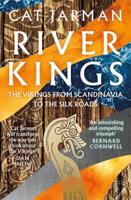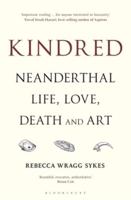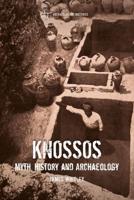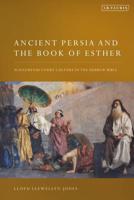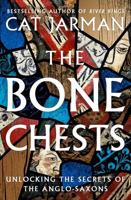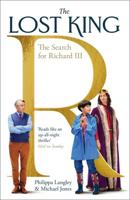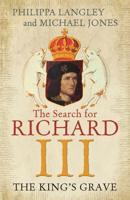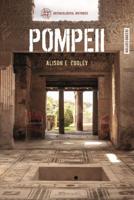Publisher's Synopsis
"From the time of the foundation of its cathedral in 597, Canterbury has been the epicentre of Britain's ecclesiastical history, and an exceptionally important centre for architectural and visual innovation. Focusing especially but not exclusively on Christ Church cathedral, this legacy is explored in seventeen essays concerned with Canterbury's art, architecture and archaeology between the early Anglo-Saxon period and the close of the middle ages. Papers consider the relationship between between architectural setting and liturgical practice, and between stationary and movable fittings, while fresh insights are offered into the aesthetic, spiritual, and pragmatic considerations that shaped the fabric of Christ Church and St Augustine's abbey, alongside critical reflections on Canterbury's historiography and relationship to the wider world. Taken together, these studies demonstrate the richness of the surviving material, and its enduring ability to raise new questions.


